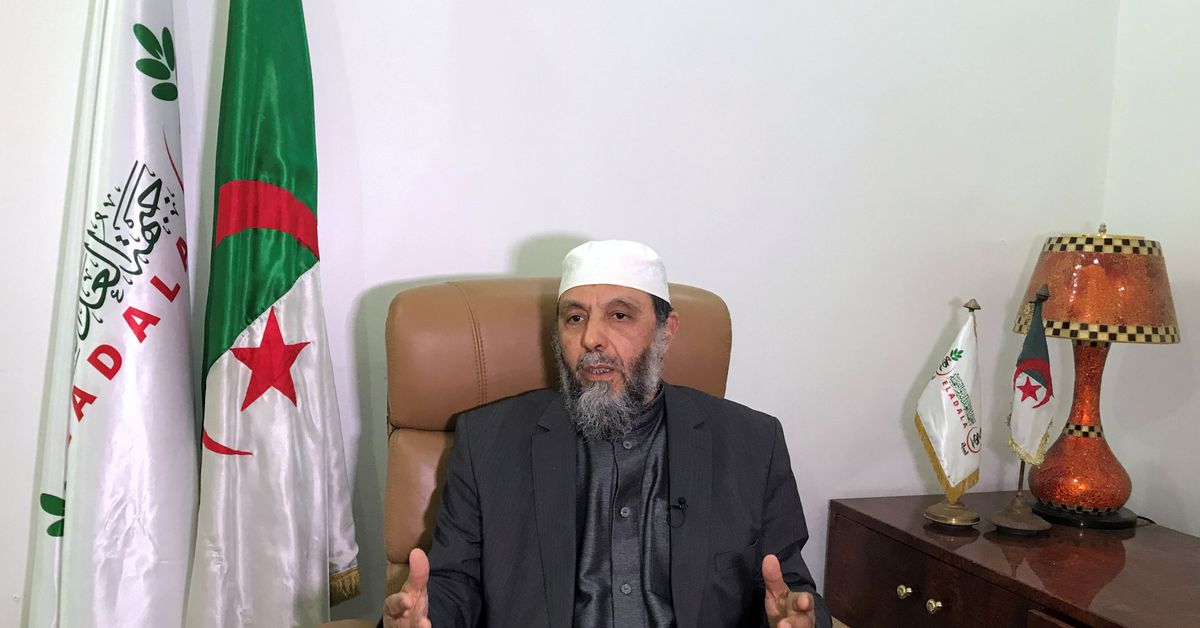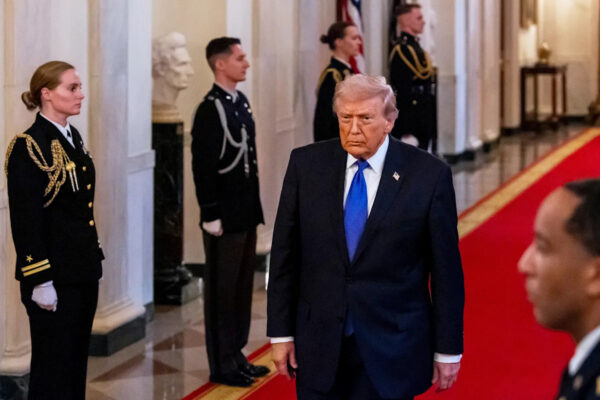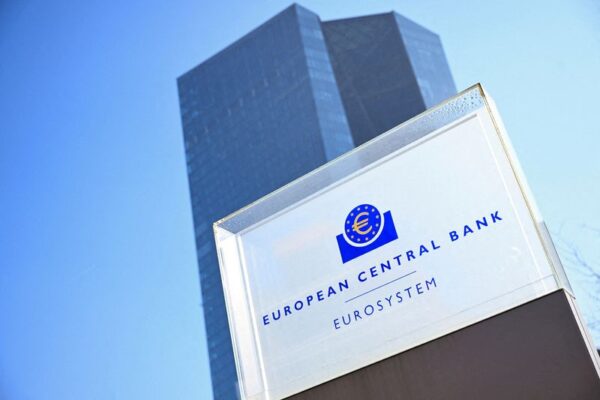Algerian Islamists eye first election win since civil war
Abdallah Djaballah, leader of al-Adala party, gestures during an interview at his office in Algiers, Algeria April 11, 2021. REUTERS/Abdelaziz Boumzar
Islamist parties in Algeria expect to win parliamentary elections in June and take a major role in government, part of a strategy to gradually build clout within a system long dominated by a secular military that regards them with distrust.
While the military will retain ultimate power, the Islamists are taking advantage of political ructions caused by the mass protests that forced out veteran president Abdelaziz Bouteflika in 2019.
The largely secular Hirak protest movement still holds weekly demonstrations to demand a full purge of the old ruling elite and is boycotting the election, viewing it as a charade so long as the military and its allies hold ultimate power.
This leaves the way clear for the Islamists to win votes from the old nationalist parties, which had senior officials jailed for corruption after the protests, but which are still associated with Bouteflika.
“We expect to be in the lead,” Abdelkader Bengrina, head of the Harakat al-Bina, said at his headquarters in Algiers, emphasising that his party sees its role as working for reform.
If Islamists win the elections, President Abdelmadjid Tebboune could appoint nearly a dozen of them to cabinet roles in the North African energy producer, though not in the key portfolios of interior, finance or justice, analysts say.
Like most of Algeria’s other Islamist parties, Harakat al-Bina has publicly focused on the economy and governmental competence, rather than on the wider movement’s ambition to integrate Islamic law, or sharia, into the constitution.
“In many instances the government showed it is unable to tackle the problems of daily life,” Bengrina said, adding that in cabinet, his party would be “part of the team … to address Algeria’s political, economic and social problems”.
Its formal programme focuses on free market economic reforms and introducing Islamic finance but steers clear of social issues, though women’s rights advocates fear it would try to impede reforms of family law which curtail women’s freedoms.
Bengrina won 1.5 million votes in the 2019 presidential election and Harakat al-Bina, which broke off from another Islamist party in 2014, is seen by analysts as most likely to come first in the June election.
When Islamists last won, in 1992, the military cancelled the vote, triggering a militant insurgency and civil war that killed 200,000 Algerians before ending in 1999. Islamist parties have since taken part in electoral politics but have voiced only moderate positions.
“Islamist parties have acquired a huge political experience since the 1990s … political participation rather than confrontation is the trade mark of Algeria’s Islamist parties today,” said Mohamed Mouloudi, an Algerian publisher and expert on Islamism in the country.
OPPORTUNITY
With senior officials jailed for corruption and the military still admired for its role in helping Algeria win independence from France in 1962, the Hirak protest movement now attracts tens of thousands rather than millions to its demonstrations.
Leading figures in Hirak do not oppose the Islamist parties per se but criticise them for supporting what they say is an illegitimate system.
“Since Algeria’s independence, elections have never been a solution to tackle the problem of legitimacy… the parliament has always been a tool in the hands of the system to pass the laws that serve it,” said Samir Belarbi, a prominent figure in the leaderless protest movement.
A pro-democracy political party, RCD, has said it will also boycott the poll. “Algerians told us not to endorse the ruling system’s road map,” said its leader Mohsen Belabes.
Though they backed the protest movement in public, most of the Islamist parties ignored its previous calls to boycott elections.
Now even the al-Adala party, which had previously joined boycotts, plans to take part, its leader Abdallah Djaballah told Reuters.
“Participation doesn’t mean endorsing the system, but rather it is a legal way to express our opposition to it,” he said.
Our Standards: The Thomson Reuters Trust Principles.












 Bitcoin
Bitcoin  Ethereum
Ethereum  Tether
Tether  XRP
XRP  USDC
USDC  Solana
Solana  TRON
TRON  Figure Heloc
Figure Heloc  Lido Staked Ether
Lido Staked Ether